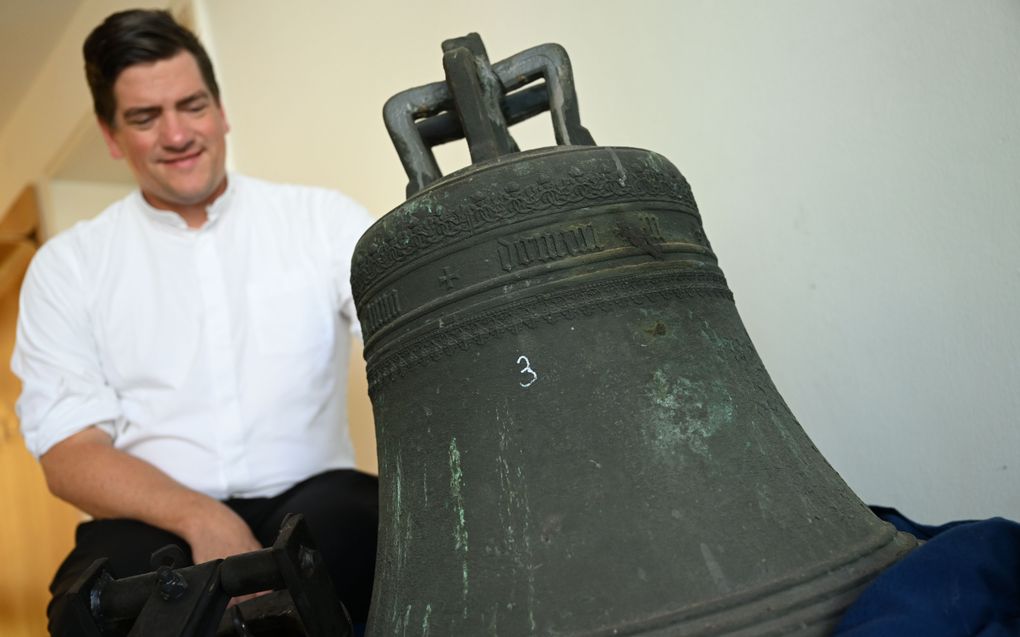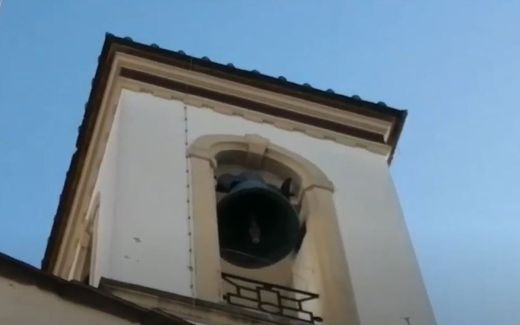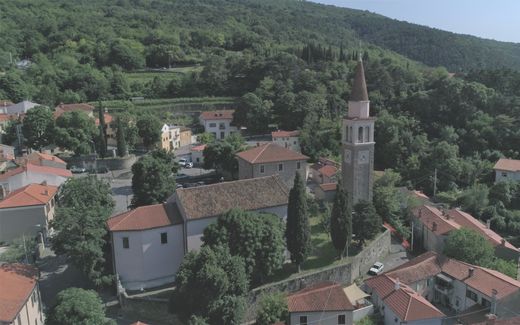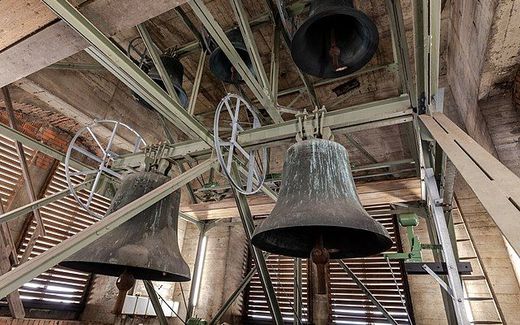Church bell causes tensions in Germany

Photo EPD
Central Europe
A church bell causes political tensions within the German Evangelical Churches (EKD). Should the bell be returned to its owners from before the Second World War or not?
The bell was originally from an evangelical congregation in eastern Germany. When in 1940, Field Marshal Hermann Göring, Hitler's deputy, demanded that all German churches should provide bells for the armour industry, the church complied. However, the bell was not part of Hitler's war machine. The Danish Christian daily Kristeligt Dagblad writes about it.
Somehow, the bell avoided the melting furnaces and survived the war. After the war, the Catholic Church and the Evangelical Church in Germany (EKD), at the behest of the victorious Allied Powers, formed in 1947 a commission for the bells' return. They had to deal with the identification and return of church bells to the rightful congregations. However, since the war ended, the community the bell belonged to became part of Poland. The German evangelical church, became a Polish Catholic one.
The commission, therefore, decided to move the bell to the Penzburg congregation in western Germany. This congregation also needed a church bell, and the EKD believes that since the German congregation no longer exists, the bell automatically becomes EKD property.
Friendship
Five years ago, however, the Martin Luther Church in Penzburg learned that the Polish church wanted its bell back. "Our parish council quickly took the case into consideration, and there was great sympathy for the Polish congregation's application", says the evangelical priest Julian Lademann. "Many parish council members also thought the case would be a welcome opportunity to have a friendship congregation in Poland, and therefore we decided to let the bell go."
That, however, is easier said than done. Although the bell has been removed from the tower since May, politics and bureaucracy have taken over. According to Lademann, two perceptions collide: "We believe that the confiscated bells should be considered part of the church buildings' inventory and that they are, therefore, today, Polish and Czech property. In our opinion, the bell in our parish house clearly belongs to the church in Poland. It does not matter to us that the congregation is now Polish-Catholic instead of German-Evangelical. It concerns a small village which has renovated the church at great expense, and we fully understand that the only thing that is now missing is the bell. It belongs in Poland." However, the EKD still thinks that the bell is EKD property.
The situation is further complicated by the fact that the German Ministry of Foreign Affairs has now also entered the matter. According to the evangelical weekly newspaper Sonntagsblatt, the ministry believes that the 1,300 bells have become the property of the German state through the Nazis' seizure during the war.
Stalemate
Lademann is not happy with the current stalemate. "Unfortunately, I cannot contact the congregation in Poland myself or initiate a return." However, there might be a solution in sight because of the media attention. "Through Kristeligt Dagblad's inquiry, we have become aware that there is a need for investigation and clarification, which we are also in the process of doing. I hope that I can return soon with something new," writes Martin Evang, deputy head of the organisation responsible for the bells within the EKD, in an email to Kristeligt Dagblad.
While the EKD hesitates, in recent years, the Catholic Church in Germany has made great efforts to bring church bells back to their home churches, writes the Kristeligt Dagblad. For example, the Diocese of Rottenburg-Stuttgart is currently returning 54 bells to Poland and the Czech Republic.
Related Articles






